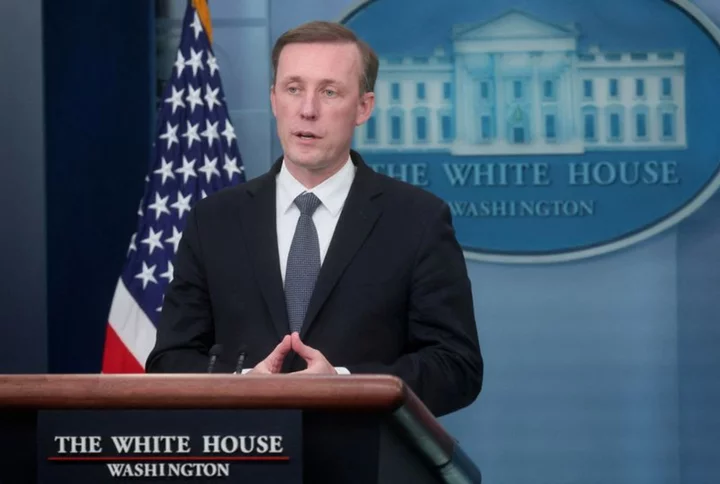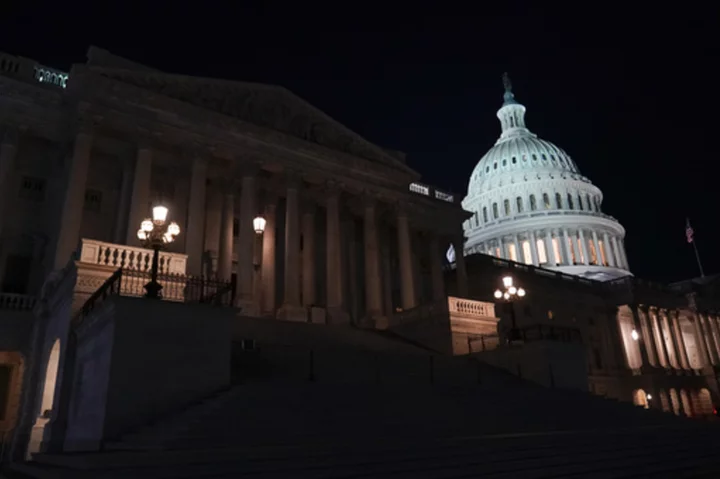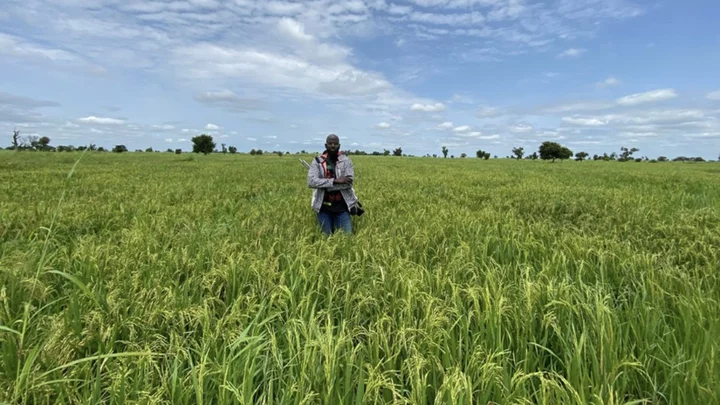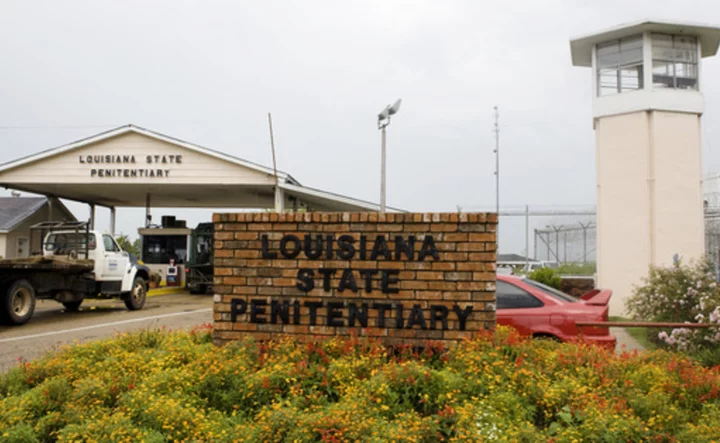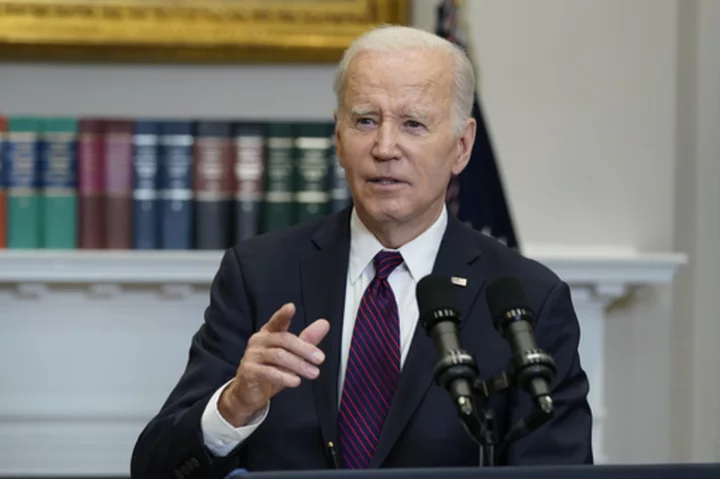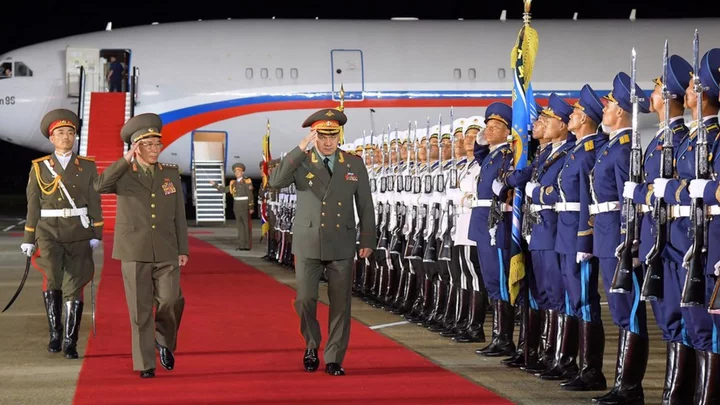By Michael Martina
SAN FRANCISCO U.S. President Joe Biden's administration is set to remove restrictions on China's Institute of Forensic Science in a bid to convince Bejing to step up cooperation to halt the flow of the synthetic opioid fentanyl in the United States.
Blocking fentanyl "precursor" chemicals has been a priority for Washington as the rate of overdose deaths involving the drug more than tripled from 2016 through 2021, according to the U.S. Centers for Disease Control and Prevention (CDC).
Biden will discuss the issue with China's President Xi Jinping on Wednesday in San Francisco at the Asia-Pacific Economic Cooperation (APEC) forum.
U.S. National Security Advisor Jake Sullivan said on Tuesday that Washington hoped the summit would result in action to help combat the fentanyl trade. A source familiar with plans said the U.S. was ready to remove restrictions on the Institute of Forensic Science, part of China's Ministry of Public Security.
Washington put the institute on the Commerce Department's "entity list" in 2020 over alleged abuses toward Uyghurs and other minority groups - effectively barring it from receiving U.S. exports. China has long questioned why the U.S. would expect cooperation on fentanyl while targeting the institute.
Any move to take the institute off the list is likely to met with objections by some U.S. lawmakers and rights groups concerned about China’s treatment of Uyghurs. Republican Senator Marsha Blackburn said such a move would be "unconscionable."
"The Xi regime is in economic trouble, and it needs America to rescue it. Instead, Biden should ramp up the pressure by imposing severe sanctions on China and keep the current sanctions in place," Blackburn said in a statement on Tuesday.
China's embassy in Washington did not immediately respond to a request for comment on the fentanyl issue.
Fentanyl is up to 50 times stronger than heroin and is increasingly mixed with other illicit drugs, often with lethal results. U.S. drug-related overdose deaths surpassed 100,000 in 2021, according to government estimates.
(Reporting by Michael Martina; Writing by Michelle Nichols; Editing by Jonathan Oatis and Bill Berkrot)

